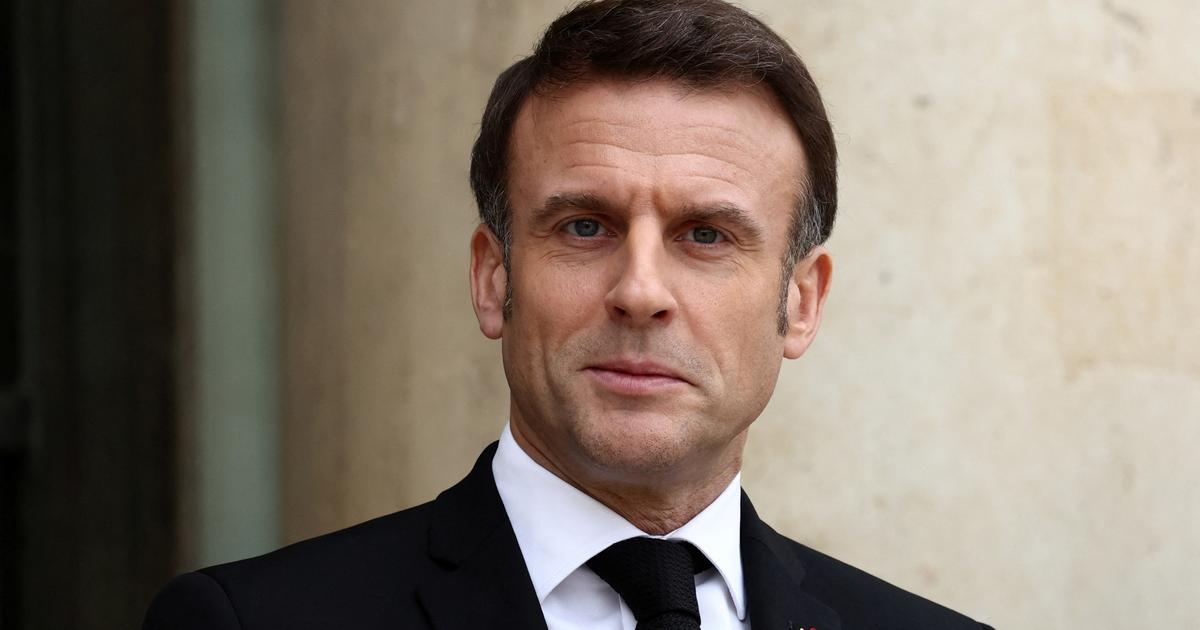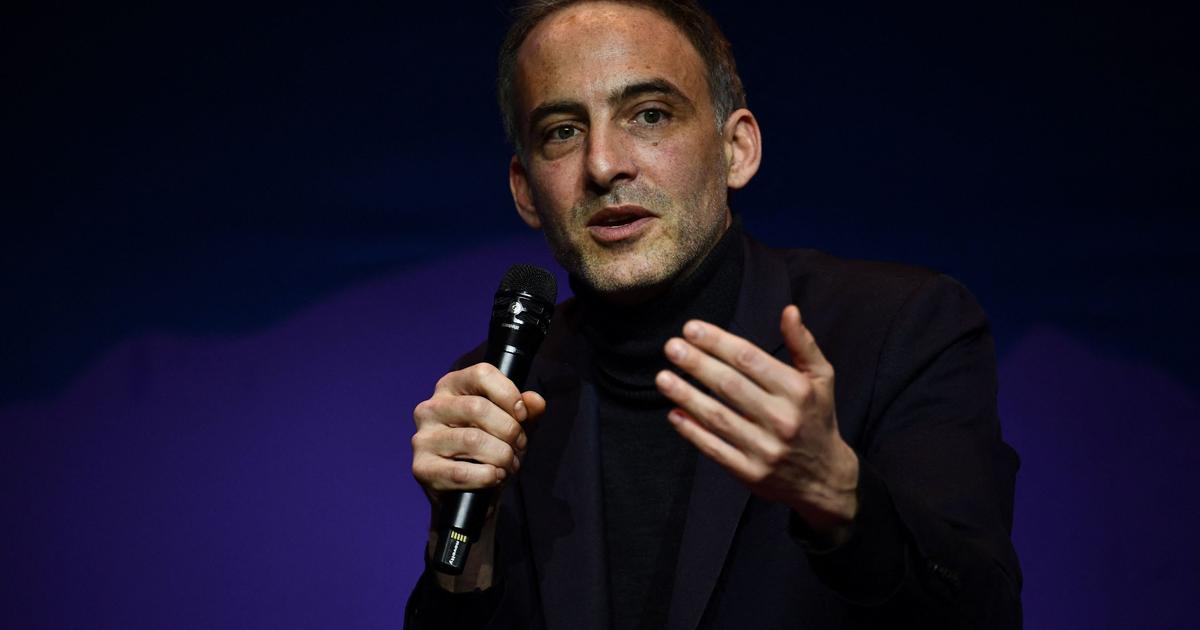When it comes to the re-education camps in Xinjiang, China, there are two versions circulating on the net: the propaganda images of dancing, happy people - and the images of barbed-wire prisons in whose courtyards people are blindfolded.
For years, the Chinese government in Xinjiang has set up a surveillance state that has no equal. The region is home to members of the Muslim Uyghur minority, who are held responsible for several terrorist attacks. But now Beijing is no longer just with camera surveillance and beards against a whole population.
Human rights organizations are certain that in the meantime up to one million people - especially Uighurs - have been detained in the so-called re-education camps. There are credible reports of former interns reporting political indoctrination and ill-treatment. Many relatives are desperately turning to the Western press for their contact with the camp inmates. Children have to grow up without parents. There are reports of forced labor.
more on the subject
The pictures that Beijing presents from the camps are different: during press events, foreign journalists and government officials are being thrown through buildings allegedly training people to take up jobs - and, incidentally, to be freed from terrorist thoughts. They dance, read Chinese texts, speak of gratitude.
"Mastermind" behind the forced labor camps
The US does not want to let the hawkish world of the Uighurs appear under Beijing's regime - and they are cracking down. A few days ago US Secretary of State Mike Pompeo announced that 28 Chinese companies and organizations should be sanctioned. In addition, the visa award will be restricted for those government and party officials involved in the "arrest and ill-treatment" of Uighurs, Kazakhs and other Muslim populations in Xinjiang. Concrete names did not name Pompeo.
Uighurs, Kazakhs, or other Muslim minority groups in Xinjiang. Today, I am announcing visa restrictions on Chinese government and Communist Party officials.
- Secretary Pompeo (@SecPompeo) 8 October 2019What is certain, however, is that one member of the Communist Party's powerful Political Bureau has come into the focus of the Americans: Chen Quanguo, party secretary in Xinjiang. The industry service Bloomberg called him the "mastermind" behind the forced labor camps in the autonomous region of western China. For months, experts have been calling for San Chen to be sanctioned. Beijing used it in Xinjiang in 2016, before Chen was already active in Tibet - a region that is also a sensitive region for Beijing, where there are recurrent uprisings.
The Yomiuri Shimbun / AP
Chen Quanguo in Beijing: For years, sanctions have been demanded against the party cadre
As the ultimate goal for Xinjiang has been issued by the Chinese government to maintain stability - for this, all means are apparently right. "The suppression of the Uighurs is one of the worst violations of human rights, surpassed only by the massacres in Syria," wrote Jonathan Schanzer, vice president of the United States Foundation for the Defense of Democracy, in a post in the Washington Post. Chen is one of the "worst human rights criminals of all time." The evidence against the Communist Party politician can not be denied, said Schanzer.
According to the South China Morning Post, Chen is expected to comply with guidelines issued in person at a 2014 China President Xi Jinping conference. Accordingly, the measures in Xinjiang are now considered exemplary. It is conceivable that they would soon be applied in other regions as well.
"Invented pretexts for their interference"
Why has Washington just now come to penalties? The international criticism has not broken for years, the US has repeatedly denounced the human rights violations in Xinjiang. Pompeo himself called the events months ago "one of the worst human rights crises of our time" and "the eyesore of our century".
In June, however, US President Donald Trump had his vice-president Mike Pence back whistled. Bloomberg reports that Pence has made a speech on the human rights situation in the People's Republic on the 70th anniversary of the Tiananmen Square massacre - while planning sanctions against Chinese companies involved in surveillance technology in Xinjiang. Trump but did not want to torpedo the upcoming talks at the G20 summit in Japan, a few weeks later, it said.
The sanctions are now coming at a tricky time again: the US and China are resuming dialogue in their ongoing trade dispute. Apparently, Trump is putting pressure on maximum pressure: Should no breakthrough be achieved in the current talks, existing punitive tariffs on Chinese imports should be increased from 25 to 30 percent, the White House announced. Beijing is already angry because of the sanctions to the Uighurs anyway.
Thomas Peter / REUTERS
Re-education and Torture: Exterior view of a so-called re-education camp in Xinjiang
Another reason for the now clear condemnation of the events in Xinjiang could be a new personnel in Washington. Only a few weeks ago, the Trump administration promoted Harvard graduate Elnigar Iltebir to the National Security Council.
Iltebir is the daughter of a prominent Uighur intellectual and is to take care of China affairs. "This will make it much more likely that there will be negotiations on the Uyghur issue with the Chinese government," said Francisco Bencosme of Amnesty International on Foreign Policy.
Beijing should consider the personality as a further provocation. The Chinese embassy in Washington tweeted, the US used "fake excuses for their interference." The measures in Xinjiang aimed to 'eradicate the ground for extremism and terrorism'. This is in line with Chinese laws and international practices and is supported by "all 25 million people of different ethnic groups in Xinjiang".














